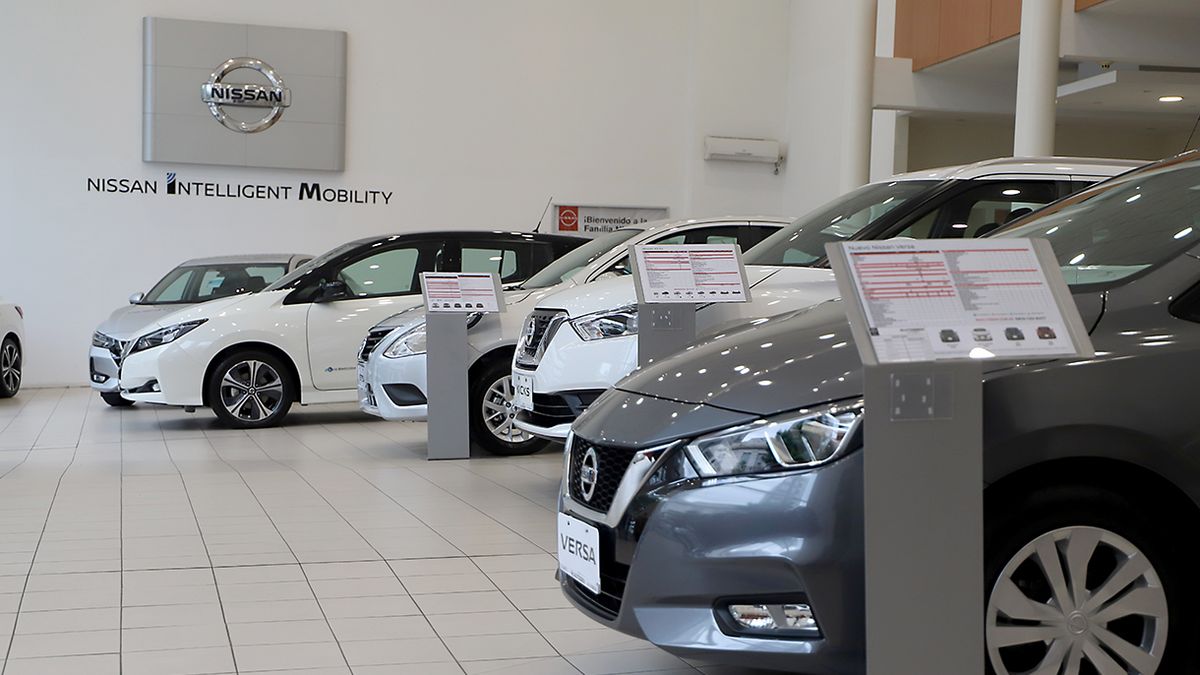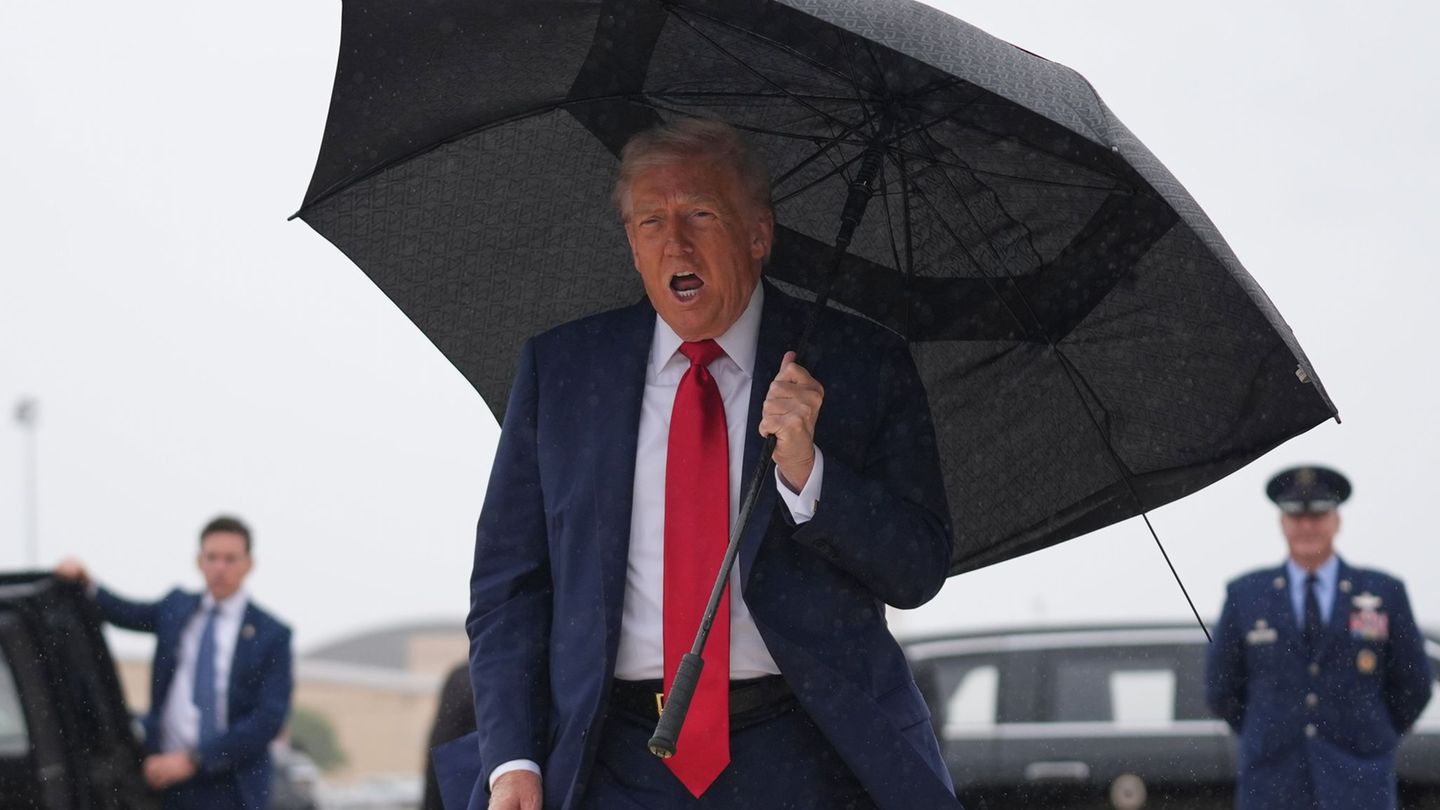The automotive sector faces the last days of January with the uncertainty generated by the possible elimination of the first scale of the tax base of the Internal Tax.
If the measure is implemented, the market would feel a strong impact on prices, which could have a drop of up to 20% in some models, although this will depend on the form of implementation and the decision made by each brand according to demand.
In some dealerships they acknowledge that on Saturday they had many questions from the public regarding what could happen.
This is the issue that most worries sellers, importers and manufacturers, since the leak of information slows down sales.
Rumors of the elimination of this first stop had been circulating for days, although some companies ruled it out.
However, last week. Meetings were held between businessmen from the sector and officials from the economic area of the Government and they told them that the tax reduction was going to be applied and, in turn, the import tariff for hybrid and electric vehicles would be removed.
Specifically, they talked about two decrees that established the new conditions and detailed that their application was “imminent.”
With this privileged information, some importers notified their network of dealers to liquidate all possible stock before the information became publicly known.
The reason for this warning is that, in the event of a price drop, cars purchased at a higher value would imply a loss.
An automaker notified this morning that billing for the models that are affected by this first stopover was suspended.
These are the cars that today cost, to the public, above approximately $42,400,000.
The rest of the companies are waiting for a definition from the Government on this issue: to officially announce the reduction of the tax (misnamed “luxury” or to deny it).
Every hour that passes the uncertainty and the market stoppage increases.
Last week it was reported that The economic team was analyzing skipping this month’s adjustment of the tax base – which should be done at the end of the month – and returning to the original schedule which has been applied since, during the administration of Mauricio Macri, the quarterly update of the tax base was established by law.
During the mandate of Cristina Fernández de Kirchnerthe adjustment of the value from which the “luxury” tax had to be paid was done on a discretionary basis, which generated uncertainty in companies. With the change introduced by the Macri administration, the mechanism was ordered and worked like this until January of last year.
At that time, after the devaluation of December 2023 and with the sharp increase in 0km prices in January, it was decided to bring forward to February the increase in the tax base that had to be done in March. If not, most cars would have had to pay the tax.
In this context, the Minister of Economy, Luis Caputo, I would be analyzing a tax reduction for some segment of vehicles.
“The project aims at a complete tax reform of the Argentine automotive marketwith the aim that the reductions that are applied reach the pockets of consumers in a real and concrete way: “We do not want to adopt a lukewarm measure, which will fall by the wayside and be absorbed by the profit margins of the automakers and the concessionaires, as has already happened in the past”, comments from the Government. “If the tax reduction managed to impact between 15 and 20% on the cost of cars, the brands would have no other alternative than to transfer them to the customer’s price, because it would also increase competition between national and imported models,” said the specialized site. Motor1.com.
According to this source, one of the drafts proposes eliminate internal taxes for imported cars, but only for hybrid models (the degree of “hybridization is not clarified”) and with an FOB value of less than $26,000 (that is, price at the port of origin, before other taxes).
There is also mention of reducing customs tariffs again for cars powered by “alternative energies” (hybrids or electric), although in this case it would be for all brands and models on the market: it would be a way to differentiate itself from the exclusive benefits that the Government of Mauricio Macri applied, initially reserved for terminals friendly to Adefa and with limited spaces.
Source: Ambito
I am an author and journalist who has worked in the entertainment industry for over a decade. I currently work as a news editor at a major news website, and my focus is on covering the latest trends in entertainment. I also write occasional pieces for other outlets, and have authored two books about the entertainment industry.




